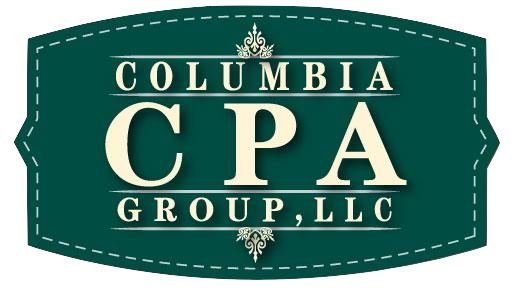
Posted Jan 18, 2019 at 2:28 PM on the Columbia Daily Tribute website
Let’s review the new tax law (TCJA, Tax Cuts and Jobs Act) since the deadline (Monday, April 15) is less than three months away.
Before we get started, I would like to inform you that the IRS has announced that the start of tax season will begin on Monday, Jan. 28. No tax returns can be electronically filed before that date. Sorry to inform you that the government shutdown has not canceled tax season this year. You will need to prepare and submit your taxes as in years past.
Now, I will highlight positive changes that affect most middle-class Americans:
- The Standard Deduction nearly doubled.
- The Child Tax Credit increased from $1,000 per child to $2,000 and phase-out thresholds also greatly increased. (This applies to children under age 17.)
- Most tax rates have fallen.
- A new deduction for Qualified Business Income (QBI, Tax Code Sect. 199A) of up to 20 percent of net income from pass-thru entities. This is a new deduction for small business owners filing Schedule C or F, Form 1065 or Form 1120S, etc. (anything other than a C Corporation).
- The income limit for deductible charitable contributions was increased from 50 percent to 60 percent of AGI.
- The exemption for Alternative Minimum Tax (AMT) has been increased.
- Bonus Depreciation has been increased to 100 percent. The total cost of assets (excluding real property) may now be expensed in the year of acquisition without claiming Sect. 179.
However, some taxpayers will pay more taxes this year (assuming the same facts as last year) because some deductions were eliminated. Here is a partial list of tax law changes that have will have a negative impact on many taxpayers:
- Personal exemptions were eliminated. Large families could pay more in taxes because of the loss of the personal exemption for each child.
- Even though out-of-pocket medical costs are still deductible, the point at which it is more advantageous to itemize than take the standard deduction has increased greatly. In theory, this hurts people with huge medical bills.
- Net Operating Losses (NOL) may no longer be carried back for a refund of previously paid taxes. NOLs generated after 2017 can only offset 80 percent of taxable income. There are special rules for farmers.
- The State and Local Tax (SALT) deduction has been limited to $10,000 per year.
- Miscellaneous itemized deductions (subject to the two percent floor) ceased. This includes dozens of items that were deductible last year. A few of the most common are listed below:
- Union dues are no longer deductible.
- Tax preparation fees are no longer deductible.
- Safe deposit box fees are no longer deductible.
- Uniforms are no longer deductible.
- An employee may no longer claim the home office deduction (but business owners can claim it).
- Unreimbursed costs by employees for business travel, meals and lodging are no longer deductible.
- The cost of professional licenses, insurance, dues and publications are no longer deductible.
- Investment management fees are no longer deductible.
- For business owners, the Domestic Production Activity Deduction (DPAD) has been eliminated.
- For business owners, entertainment expenses are no longer deductible as business expenses. This includes activities considered to be for leisure, amusement or recreation.
- Section 1031 Like-Kind Exchanges have been eliminated for personal property. Only real estate transactions now qualify for like-kind exchanges.
- The penalties for not having qualified health insurance required by the Patient Protection and Affordable Care Act (ACA) are still in force for one more year. If you don’t have health insurance for you and all your dependents, and don’t qualify for one of the exceptions, the penalties could be huge. Officially, these penalties are called Shared Responsibility Payments.
You may ask: “How can I take advantage of the new tax law?” Unfortunately, now that we are living in the year 2019, most of my brilliant tax reduction strategies died at midnight on Dec. 31, 2018. There are a few that continue into the new year. A traditional IRA deduction can be made by 4/15/19 and recorded as a deduction on your 2018 tax return. Similarly, business owners can make SEP contributions by 10/15/19, if extended, and deduct it on their 2018 tax return.
Also, if you organized and owned an LLC prior to 2019, you may file a late S Election, if you state a good reason and quote a certain Revenue Procedure at the top of Form 2553. You would then be allowed to report your 2018 business income and expenses on Form 1120S rather than on Schedule C or F with your personal return. This move often saves a ton of taxes.
To list strategies you could have used before the end of 2018 in this issue would only cause you grief. But I will reveal those strategies later this year so that you can implement them in 2019.
Aric Schreiner, CPA, PFS, is managing member of Columbia CPA Group, LLC.




